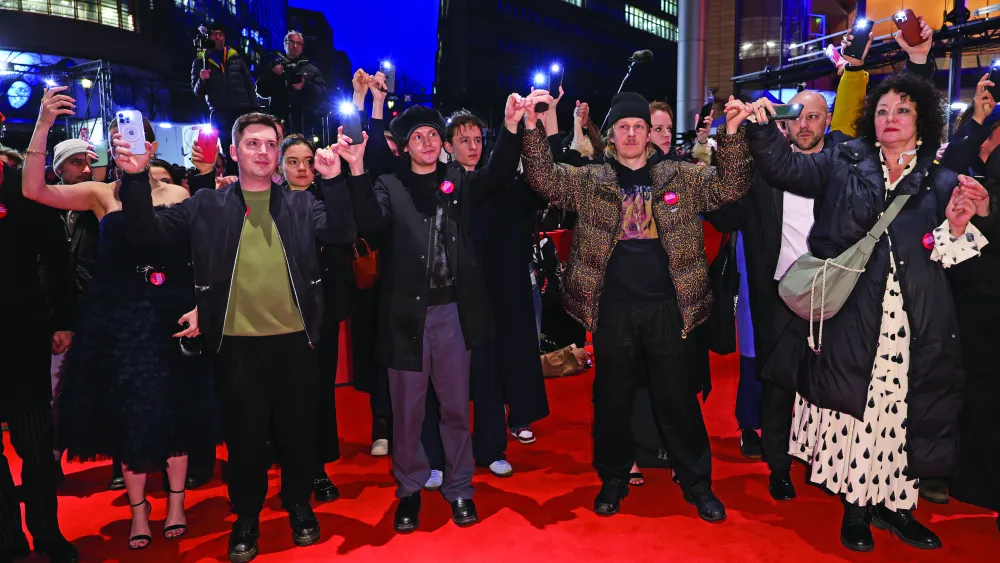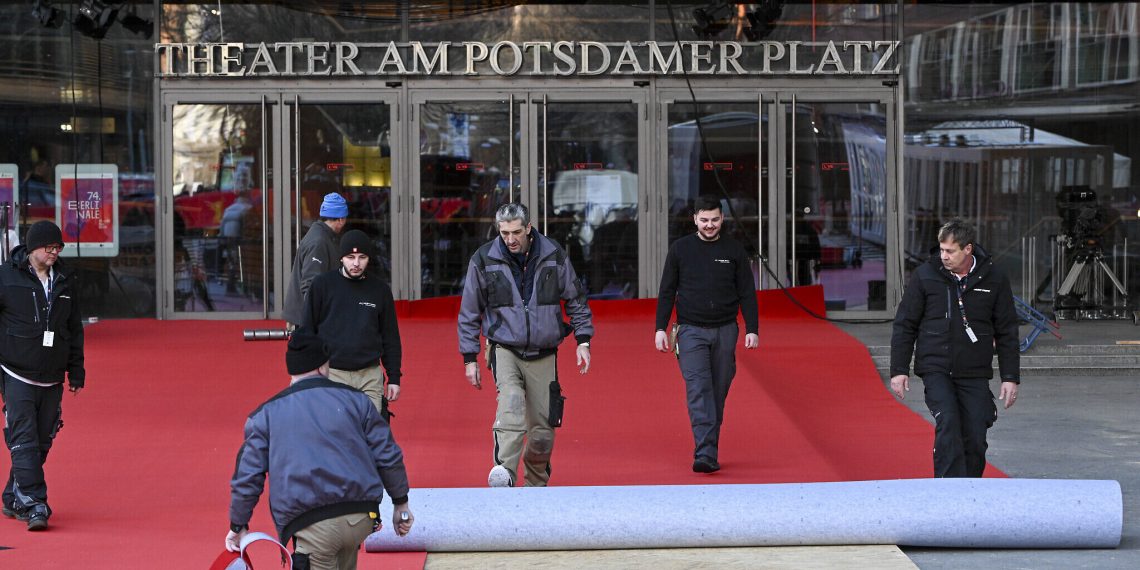Indian-American filmmaker Suneil Sanzgiri recently pulled out his film from the Berlinale Film Festival, citing accusations against German authorities of stifling voices advocating for Palestinians amid the Gaza conflict.
Sanzgiri’s withdrawal, announced via Instagram, echoed the sentiments of other artists who opted out of the festival and other events in solidarity with Palestinians.
This move underscores the delicate balance that cultural institutions in Germany navigate, torn between preserving artistic freedoms and acknowledging historical obligations towards Israel, particularly in the aftermath of the Nazi Holocaust.
The withdrawal of Sanzgiri’s film and others reflects a broader trend of artists grappling with how to address political issues such as the Gaza conflict within their work.
Similar tensions have surfaced across Europe following the October 7 attacks by Hamas militants. In Italy, protests erupted after state broadcaster RAI distanced itself from rapper Ghali’s appeal to “stop the genocide” during the Sanremo Music Festival’s closing night.
In Britain, a network of artists has documented instances where events were canceled due to artists’ pro-Palestinian views.
Germany’s response to the Gaza conflict has prompted criticism, with some accusing the government of suppressing legitimate expressions of solidarity with Palestine under the guise of combating anti-Semitism. This criticism extends to cultural events, where state support sometimes influences decisions regarding artistic expression.
In response to these challenges, the Strike Germany initiative has emerged, urging artists to withdraw from cultural events in protest against what they perceive as McCarthyist policies stifling freedom of expression, particularly regarding solidarity with Palestine.

This initiative has garnered significant support, with over 1,600 artists signing up, including renowned figures like French Nobel prize winner Annie Ernaux.
Despite these tensions, the Berlinale has not shied away from addressing the Gaza issue, hosting discussions and screenings that tackle the conflict’s complexities. However, the broader cultural landscape in Germany remains clouded by debates over artistic freedom, political sensitivities, and the ongoing Gaza conflict.





